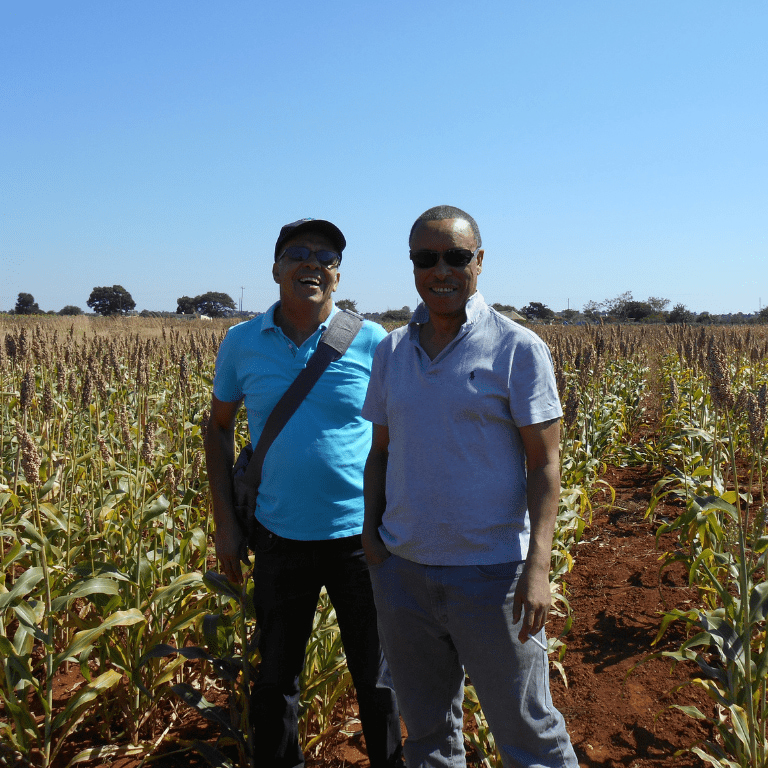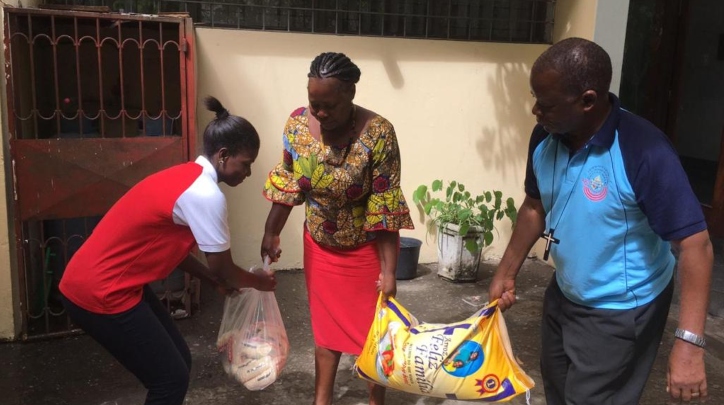
In regions facing recurring drought, we help farming communities adapt and thrive. The Diocese’s program trains farmers in climate-smart agriculture, including teaching water management, composting, and land preparation techniques to grow diverse nutritious crops.
Families organize rotating vegetable gardens to ensure food is available year-round, even during dry seasons. The program also pilots innovative composting technology that converts organic waste into safe, effective liquid fertilizer.
To promote long-term stability, communities participate in a revolving-assets fund that supports saving money and funding small businesses.
Our Results in 2023
How you can support our work in Zimbabwe
Sign up to receive emails from Episcopal Relief & Development.
Donate to support Episcopal Relief & Development’s work in Zimbabwe and around the world.
Give a gift with lasting impact through Gifts for Life.

